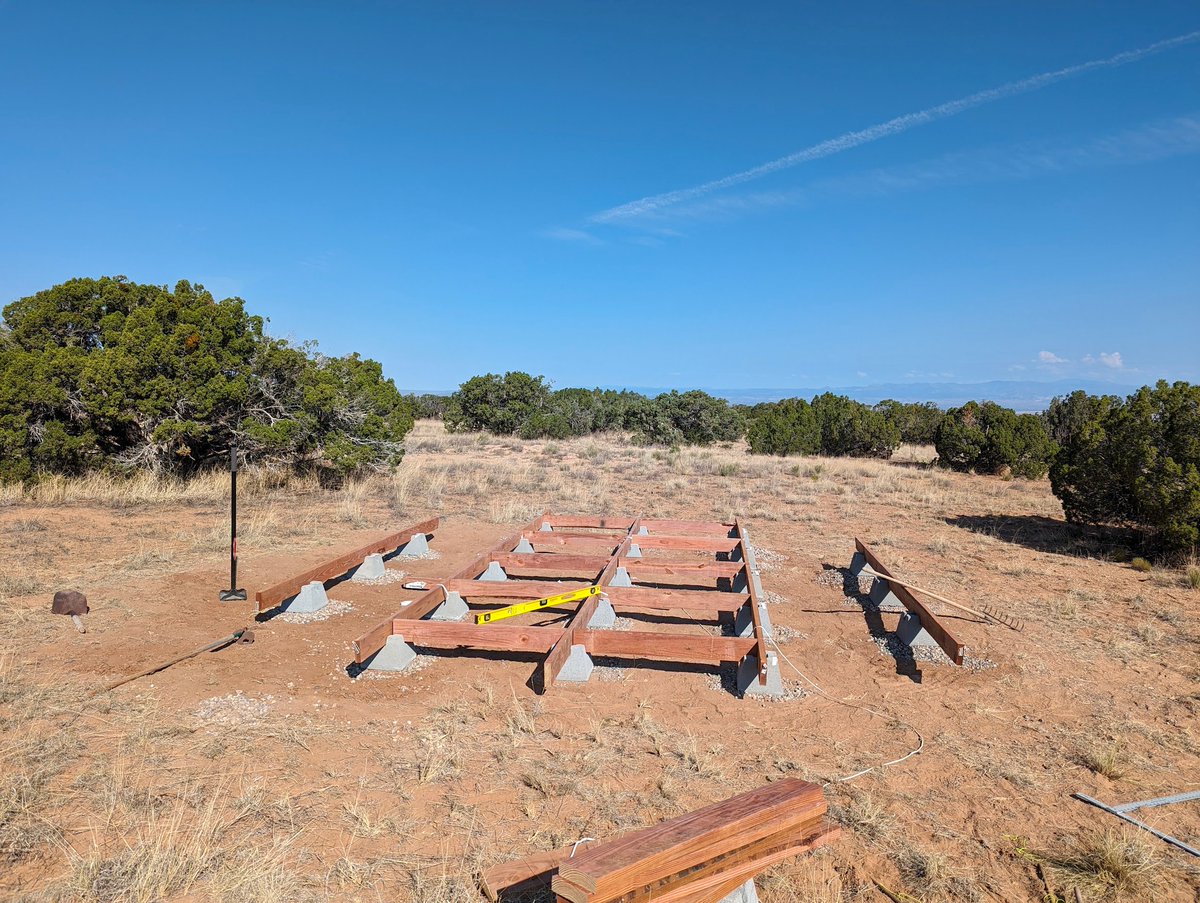Google's FEC filing is in, and as always full of interest. On August 21, the company made a $1000 donation to Iowa rep Mariannette Miller-Meeks. Less than a month later, Miller-Meeks was here on Twitter spreading disinformation on vaccine policy (despite being a medical doctor) 



The National Right to Life Committee gave West Virginia congressman David McKinley a 100% rating on abortion issues from 2011 to the present, and Google gave his campaign $2,500 on August 13. 

On August 13, Google made a $5,000 donation to Abraham Lincoln PAC, twenty of whose 2020 recipients voted to overturn the results of the presidential election. 

In December 2020, Georgia congressman Austin Scott signed an amicus brief in Texas vs. Pennsylvania, a lawsuit contesting the legitimacy of the presidential election. Google gave Scott's campaign $1,000 on August 13. 

Texas representative Dan Crenshaw also signed that Texas vs. Pennsylvania amicus brief, falsely alleging that the Presidential election was stolen. Google gave his campaign $2,500 on August 13. 

Michigan representative Bill Huizenga also signed the Texas vs. Pennsylvania amicus brief, alleging Biden stole the election. Google gave Huizenga's campaign $1000 on August 13. 

Florida representative Michael Waltz similarly signed that Texas vs. Pennsylvania amicus brief, alleging a stolen election. Google gave his campaign $1000 on August 13. (I'm sorry this is getting repetitive, but Google gave political money to a lot of election deniers this month) 

Michigan representative John Moolenaar signed on to the Texas vs. Pennsylvania amicus brief, attacking the legitimacy of the 2020 Presidential election. Google gave his campaign $1000 on August 13. 

On August 13, Google made a $5,000 donation to Drew Ferguson's Point Action PAC. Of the seven people that PAC has donated to so far in 2020, three voted in December 2020 to overturn the results of the Presidential election. 

Indiana Congressman Trey Hollingsworth also signed the Texas. vs. Pennsylvania amicus brief in an attempt to subvert the 2020 presidential election. Google gave him $1000 on August 13. 

Another signer to the Texas. vs. Pennsylvania amicus brief contesting the 2020 presidential election result was Ohio congressman Brad Wenstrup. Google made a $2,500 donation to his campaign on August 13. 

I list these donations at length because Google promised in January to not make any political donations to members of congress who voted to dispute the election. Instead, it's giving them money indirectly through PACs, and giving openly to those who tried to subvert it in court.
If you work at Google, change your status to "outraged" and keep beavering away at whatever it is you do to effect quiet change from within while your employer publicly humiliates you.
• • •
Missing some Tweet in this thread? You can try to
force a refresh










